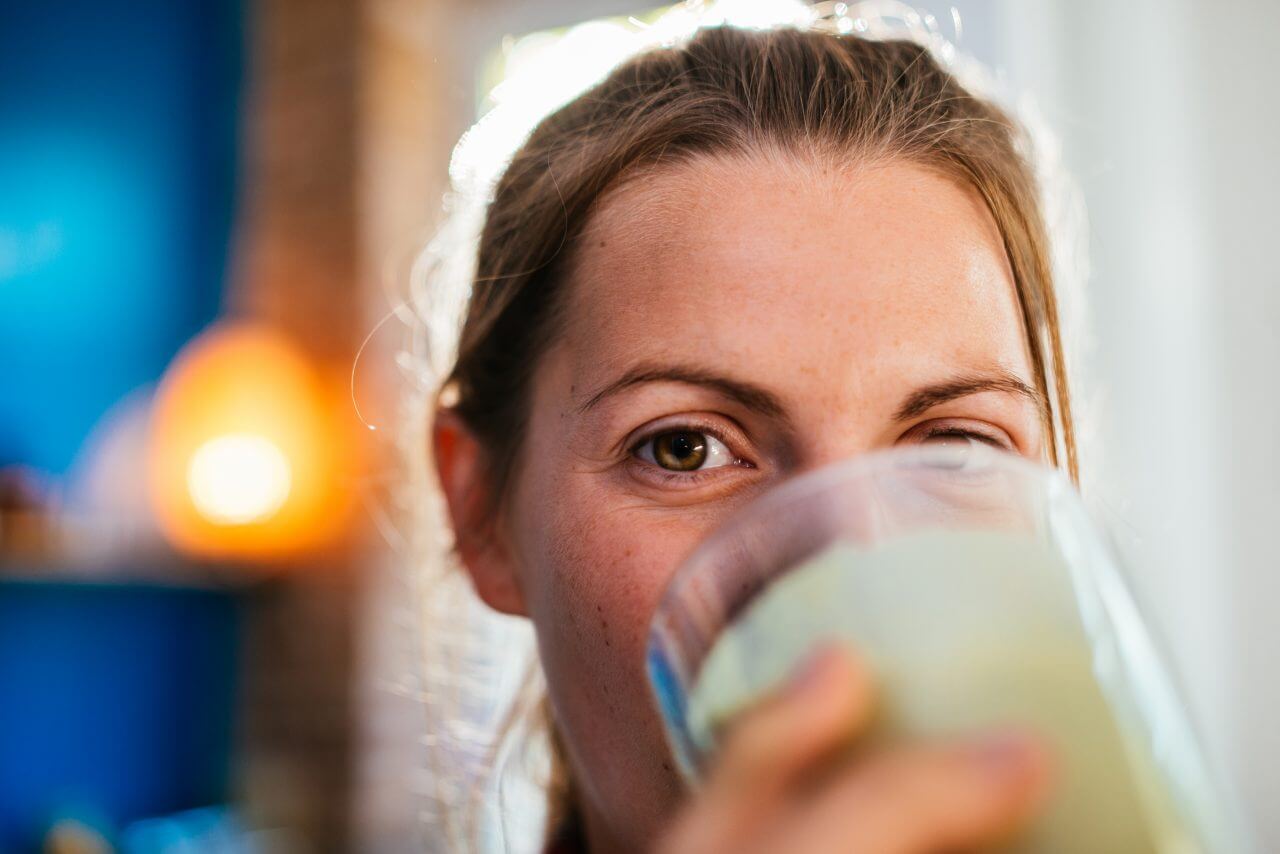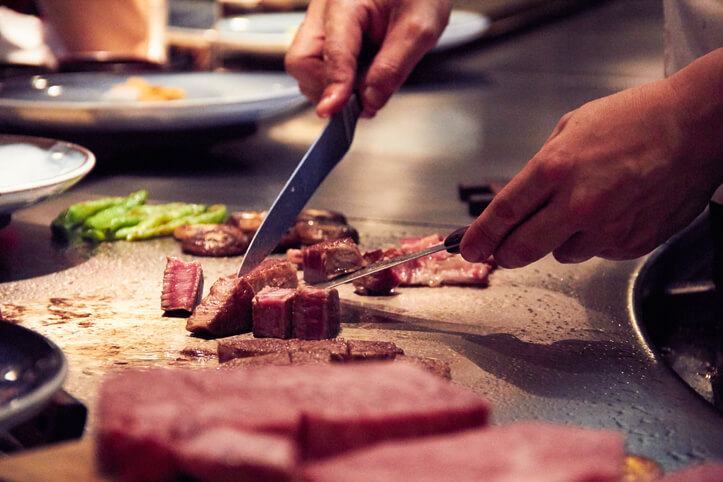Your Optimal Diet for Before and After Colon Cancer Treatment

Having a diet rich in fruits, vegetables, lean protein, low-fat dairy and whole grains is important in maintaining good colon health. If you have been diagnosed with colon cancer and are preparing for treatment, that diet is more important than ever. Establishing a good colon cancer diet in advance of, during and after your treatment supports your body and maximizes your ability to heal and recover.
Your Optimal Colon Cancer Diet Prior to Treatment
There are many approaches doctors use to address colon cancer. The most common treatments are surgery, chemotherapy, radiation and targeted therapy. Regardless of the regimen chosen, improving your diet can help improve your outcome.
As you prepare for treatment, follow these diet guidelines:
- Make note of what you are currently eating. Modifying your diet starts with giving thought to where you can make changes that will have a positive impact.
- Increase your fruit and vegetable intake. These foods have many things your body needs, from vitamins and antioxidants to protein and fiber.
- Talk with your doctor about foods that have “skins.” If your treatment plan calls for surgery, you may be directed not to eat foods like nuts that have a skin.
- Avoid red and processed meats. Studies have shown that these foods increase the risk of colon cancer.
- Avoid sweets containing refined sugar. These foods may also increase your cancer risk. The same is true of refined grains, such as those in white bread.
- Avoid foods high in saturated fats and trans fats. Processed snacks and greasy, fried foods are examples of things you should minimize or eliminate from your diet entirely.
- Get plenty of protein from the right sources. In addition to certain fruits and vegetables, chicken and fish are packed with protein and have not been shown to increase cancer risk.
- Eliminate alcohol and tobacco. As much as possible, avoid these substances.
- Stay hydrated. Your body may lose a significant amount of fluid during treatment, which can lead to you feeling weak or faint and make it harder to recover.
Maintaining a Healthy Diet After Colon Cancer Treatment
All of the pre-treatment dietary advice above applies after treatment as well. Some additional considerations include:
- Protein and fiber are especially important after treatment. Protein provides the building blocks for healing damaged tissue, and fiber plays an important role in keeping your colon clean.
- Eating more and smaller meals is best. Eating larger meals after colon cancer treatment can cause bloating and nausea. Consuming five or six small meals per day can help keep stomach upset at bay.
- Eat and drink cool-to-cold foods. Warm food and beverages are more likely to cause nausea. Try to stick to things that are at or below room temperature.
- Don’t skip meals. While nausea or lack of appetite may leave you wanting to skip meals, it’s important to maintain your strength by staying on schedule.
- Get assistance with cooking. The smell of food being prepared can sometimes be unpleasant for a person who has had colon cancer treatment. If that’s the case for you, ask a friend or family member to do the cooking.
- Consider smoothies. Blends of fruit, vegetables, and other ingredients can help meet the body’s elevated post-treatment nutritional needs in a way that is flavorful and easy to digest. Your doctor or nutritionist can advise you on which are best for your situation.
Your care team may also recommend dietary supplements. There are studies that suggest increasing vitamin D and calcium intake can support better outcomes.
Ultimately, knowing you can make life changes that will have a positive impact on your fight against cancer should help you, and your loved ones, regain a sense of control in a situation where you may initially feel somewhat helpless. And ideally, as that sense of being in charge returns, so does a hopeful outlook.



